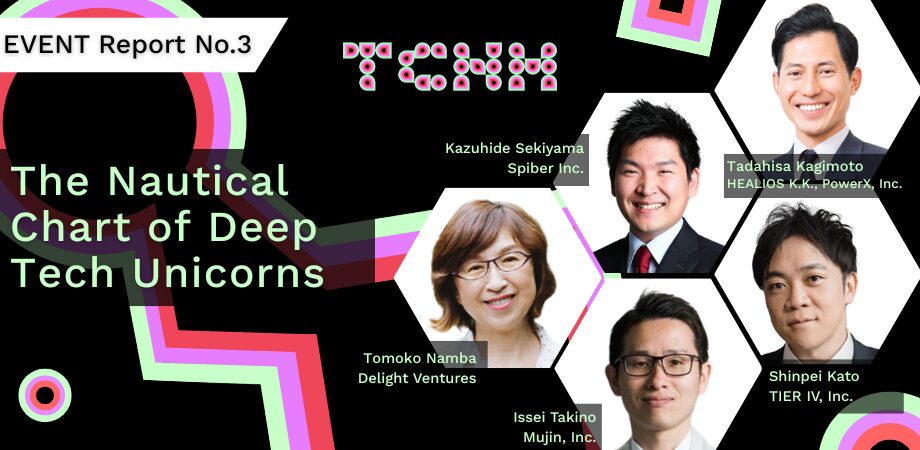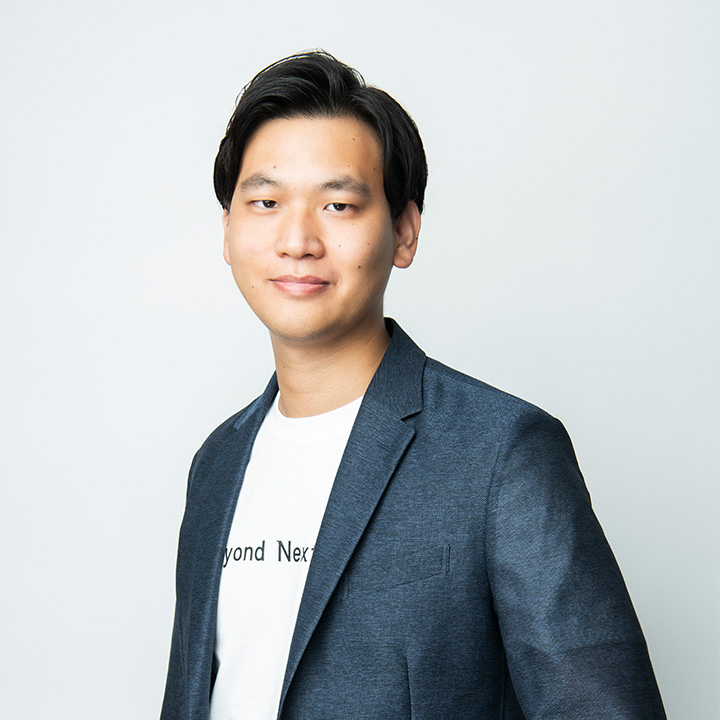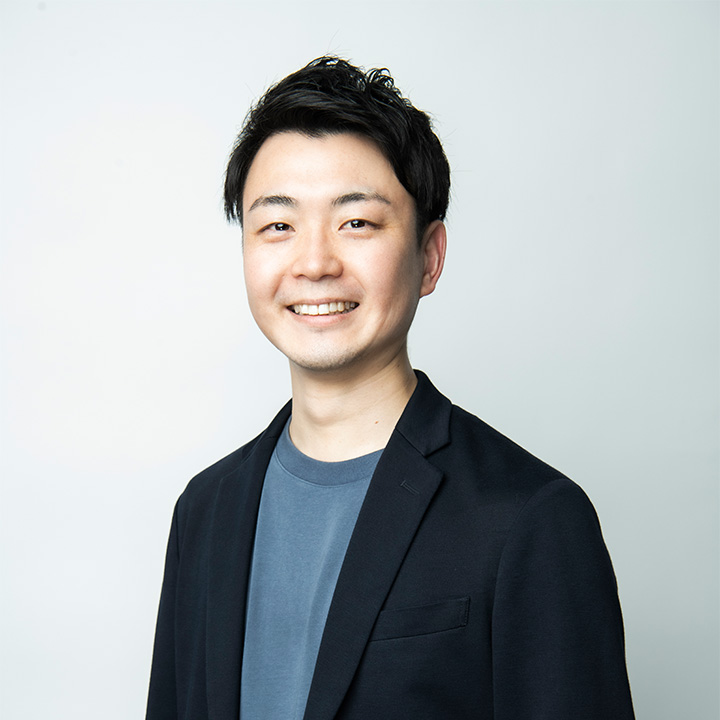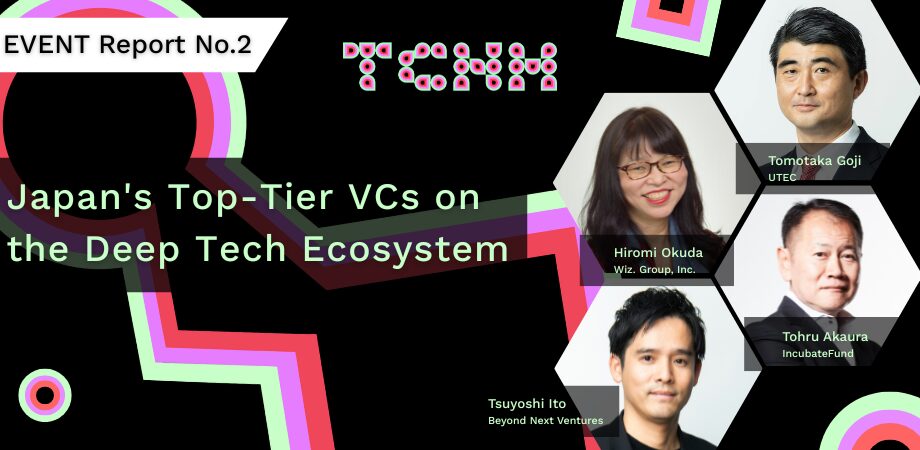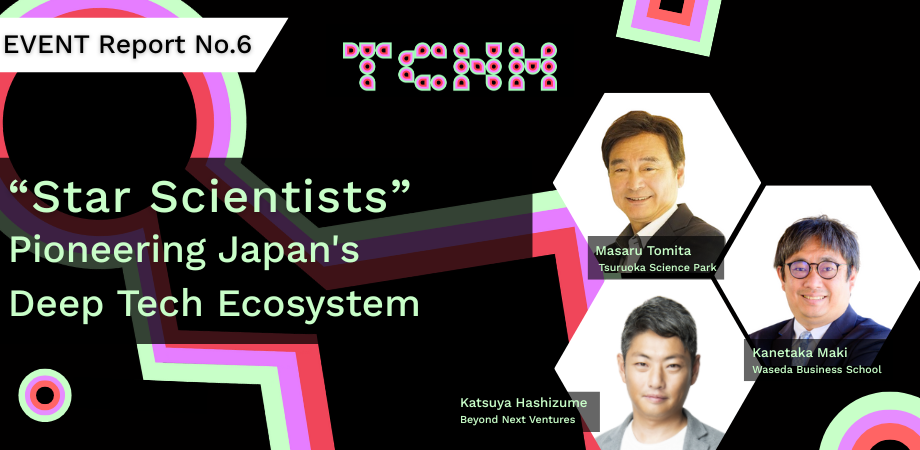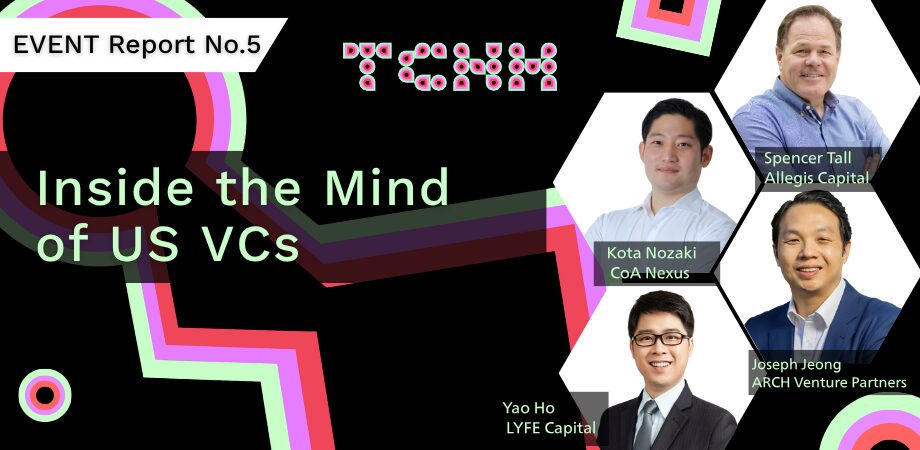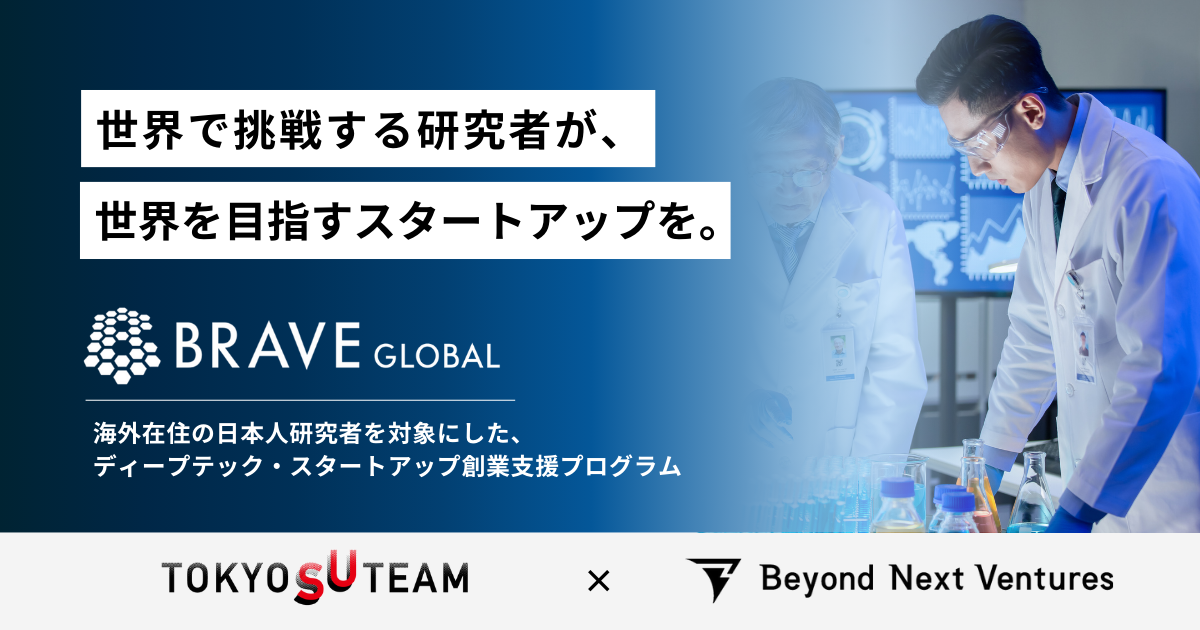Beyond Next Ventures co-hosted the TECHNIUM Global Conference, Japan’s first international conference dedicated to deep-tech on May 7-8. It brought together leading players driving Japan’s deep-tech startup ecosystem and featured a wide range of insightful sessions.
As this conference was invitation-only and received a great deal of attention, we are excited to share some highlights from the sessions for those who were unable to attend in person.
In this event report, we will introduce a session titled “The Nautical Chart of Deep Tech Unicorns: Real Stories of Challenges and Breakthroughs”, which was held during the conference.
Session Title:
The Nautical Chart of Deep Tech Unicorns: Real Stories of Challenges and Breakthroughs
-Powered by Beyond Next Ventures
Moderator:
Tomoko Namba, Managing Partner, Delight Ventures / Chairperson of the Board, DeNA Co., Ltd.
Speakers:
-Kazuhide Sekiyama, Director and Representative Executive Officer, Spiber Inc.
-Tadahisa Kagimoto, President and CEO, Healios K.K.; Medical Doctor; Chairman of the Board, PowerX Inc.
-Shinpei Kato, Founder and CEO, Tier IV Inc.
-Issei Takino, CEO and Co-founder, Mujin Inc.
Session That Drew A Packed House
The session was moderated by DeNA’s Tomoko Namba – a famous name in Japan as a pioneering entrepreneur and a rare female leader in the country’s traditionally male-dominated corporate world. The session drew an overflowing audience even before it began.
All the present speakers were founders of deep tech startups that are widely regarded as Japan’s “next unicorns” — companies with the potential to reach valuations of over $1 billion – at home and overseas.
Despite operating in different fields — biomanufacturing, regenerative medicine, autonomous driving, and robotics — what unites the four founders is their shared mission of venturing into uncharted territories.
As the session kicked off, Namba asked the speakers why they chose deeptech. The question opened the floor to powerful stories of origin and determination.
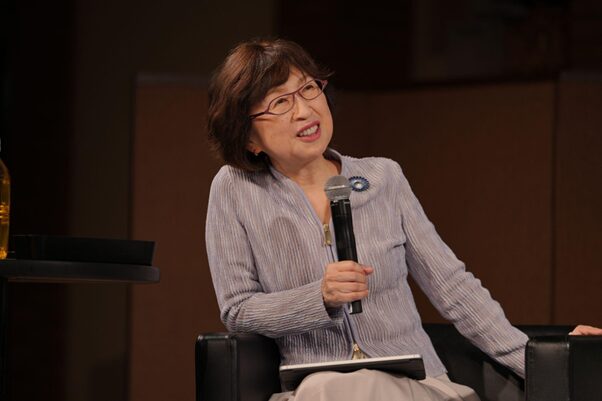
Tales of Inspiration & Challenges
Tadahisa Kagimoto, a former clinical physician, said his decision to become an entrepreneur stemmed from frustration he felt during his medical career. “Even with a patient sitting in front of a doctor, not having a drug or surgical technique makes the doctor powerless. I (decided) to not spend my whole life living with that helplessness.”
Kagimito who also established a medical venture Healios said “pharmaceutical approval can make all the difference (in treatment) — it’s all or nothing.”
Other than finances and the long-term commitment, there are many other hurdles that it takes to overcome to run a deep-tech business. And the secret mantra to sail through those challenges is “mental toughness — it’s a test of whether you can keep running the business smiling for years,” he asserted.
He said having a strong technical background helps in analyzing whether a technology has a competitive edge on a global scale and enables one to persevere even in difficult situations.
Great Co-Founders Are The Key To Success
Kazuhide Sekiyama of Spiber emphasized the importance of having a trusted partner.
“The more your business progresses, the greater the challenges become. I’ve always had my co-representative by my side who is like my best friend. I have been fortunate to have never felt alone,” he reflected.
Kazuhide and his co-founder have been together since their university lab days, when they had an idea that artificially mass-producing spider silk may benefit society.
Sekiyama gained inspiration after hearing a lecture by Professor Masaru Tomita – a pioneer in the biotech industry – during high school. His connection with mentors and peers shaped his path to entrepreneurship— much like a spider spinning a web.
Likewise, Issei Takino of Mujin shared a similar experience. Before founding his company, he worked at Iscar — a Berkshire Hathaway company known for boasting the world’s highest profit levels in the manufacturing industry. At Iscar, he was in-charge of conducting technical sales and proposed production methods. There, he realized that robot programming was far from automated.
Driven by a belief that “motion planning” – which enables robots to walk on their own – could transform society, Takino teamed up with Dr. Rosen, a leading expert in robotics. Their collaboration enabled Mujin to grow in the notoriously difficult robotics startup sector.
“Vision” Is Deep Tech Startups’ First Product
Producing spider silk or developing autonomous vehicles may sound like fantasy. In the deep-tech world, where there is uncertainty whether something will come true, “Vision is the first product,” said Shinpei Kato, who is working on autonomous driving and is convinced that the technology can address major social issues.
Despite coming from a point where nothing exists, a powerful vision can attract allies and momentum. “We’re considered as competitors of Google and Tesla. If we can beat them, it creates room for the next generation of deep tech startups,” he pointed.
It’s not rare for deep tech founders to work in 10-year timeframes to realize their vision, and survival is no easy feat. Takino noted that “most of the robotics startups that were around when we started no longer exist — not because of poor technology, but because they ran out of money before reaching scale.”
Despite such unique obstacles, all four speakers shared one unwavering stance that “they will keep going.”
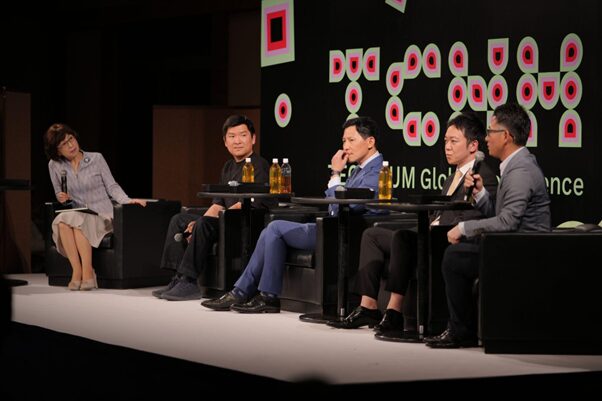
Importance of Government Support
Toward the end, Namba invited a broader discussion on entrepreneurs’ view on “the role of government, regulators, and VCs.”
Takino remarked that “deep tech is a capital- and time-intensive field, but once (a business becomes) successful then it’s incredibly difficult to be kicked out from the industry, and one can prosper for a very long time.”
He emphasized the need for understanding and support from finance institutions and society at large, and added that government-guaranteed loans are proving to be a helpful tailwind for startups in Japan.
Sekiyama, who had just returned from China the same afternoon, said “the Chinese authorities reward them for collaborating with local companies by providing massive subsidies. The scale and speed of such aid is astounding.” His comment underscored the global momentum behind deep tech.
Giving an example of Ukraine mass producing its own drones, Kagimoto, meanwhile, said that “countries with a strong sense of self-reliance excel in deep tech.”
Throughout the discussion, Namba’s curiosity and deep respect for the entrepreneurs shone through her remarks like “Vision is the first product — what a powerful phrase” & “Let’s talk more about this over drinks.”
Thanks to her skillful moderation, the speakers candidly shared their thoughts and passion.
Conclusion
Namba concluded the session and said “I hope many more deep tech entrepreneurs follow in the footsteps of our four speakers and succeed on the global stage.”
“Connecting” was one of the core themes of the conference. When Kato shared how invaluable it was to hear from entrepreneurs who are one or two steps ahead, Namba responded cheerfully, “Let’s connect!”
The session highlighted that founders move forward thanks to a network of mentors, peers, and allies.
The TECHNIUM Global Conference attracted around 2,000 participants over two days. The event featured over 500 showcases of cutting-edge technologies and research seeds, along with themed sessions on key fields such as healthcare, drug discovery, biotech, climate tech, space, and AI.
The conference also provided numerous practical networking opportunities, bringing together researchers, startups, investors, and corporations. Over 1,000 business meetings took place at the dedicated matching booths, contributing to the vibrant energy of the event.
TECHNIUM Global Conference official website: https://tcnm-gc.com/#EN

